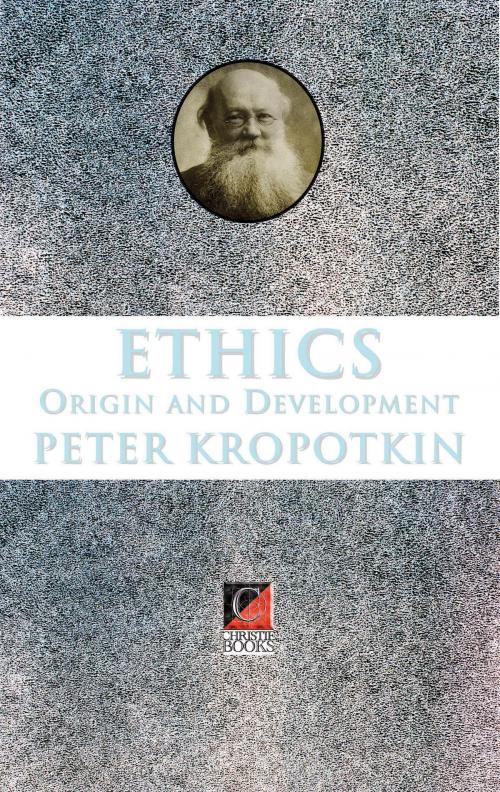ETHICS
ORIGIN AND DEVELOPMENT
Nonfiction, Religion & Spirituality, Philosophy, Political, Ethics & Moral Philosophy| Author: | Peter Kropotkin | ISBN: | 1230000712699 |
| Publisher: | ChristieBooks | Publication: | October 9, 2015 |
| Imprint: | ChristieBooks | Language: | English |
| Author: | Peter Kropotkin |
| ISBN: | 1230000712699 |
| Publisher: | ChristieBooks |
| Publication: | October 9, 2015 |
| Imprint: | ChristieBooks |
| Language: | English |
Kropotkin’s Ethics: Origin and Development is, in a sense, a continuation of his well-known work, “Mutual Aid as a Factor of Evolution.” The basic ideas of the two books are closely connected, almost inseparable, in fact: — the origin and progress of human relations in society. Only, in the “Ethics” Kropotkin approaches his theme through a study of the ideology of these relations removing ethics from the sphere of the speculative and metaphysical, and bringing human conduct and ethical teaching back to its natural environment: the ethical practices of men in their everyday concerns — from the time of primitive societies to our modern highly organized States. Thus conceived, ethics becomes a subject of universal interest. Kropotkin sees the source of all so-called moral ideas in primitive superstitions. The real moral sense which guides our social behavior is instinctive, based on the sympathy and unity inherent in group life. Mutual aid is the condition of successful social living. The moral base is therefore the good old golden rule “Do to others as you would have others do to you in the same circumstances. This natural moral sense was perverted, Kropotkin says, by the superstitions surrounding law, religion and authority, deliberately cultivated by conquerors, exploiters and priests for their own benefit. Morality has therefore become the instrument of ruling classes to protect their privileges.
Kropotkin’s Ethics: Origin and Development is, in a sense, a continuation of his well-known work, “Mutual Aid as a Factor of Evolution.” The basic ideas of the two books are closely connected, almost inseparable, in fact: — the origin and progress of human relations in society. Only, in the “Ethics” Kropotkin approaches his theme through a study of the ideology of these relations removing ethics from the sphere of the speculative and metaphysical, and bringing human conduct and ethical teaching back to its natural environment: the ethical practices of men in their everyday concerns — from the time of primitive societies to our modern highly organized States. Thus conceived, ethics becomes a subject of universal interest. Kropotkin sees the source of all so-called moral ideas in primitive superstitions. The real moral sense which guides our social behavior is instinctive, based on the sympathy and unity inherent in group life. Mutual aid is the condition of successful social living. The moral base is therefore the good old golden rule “Do to others as you would have others do to you in the same circumstances. This natural moral sense was perverted, Kropotkin says, by the superstitions surrounding law, religion and authority, deliberately cultivated by conquerors, exploiters and priests for their own benefit. Morality has therefore become the instrument of ruling classes to protect their privileges.















